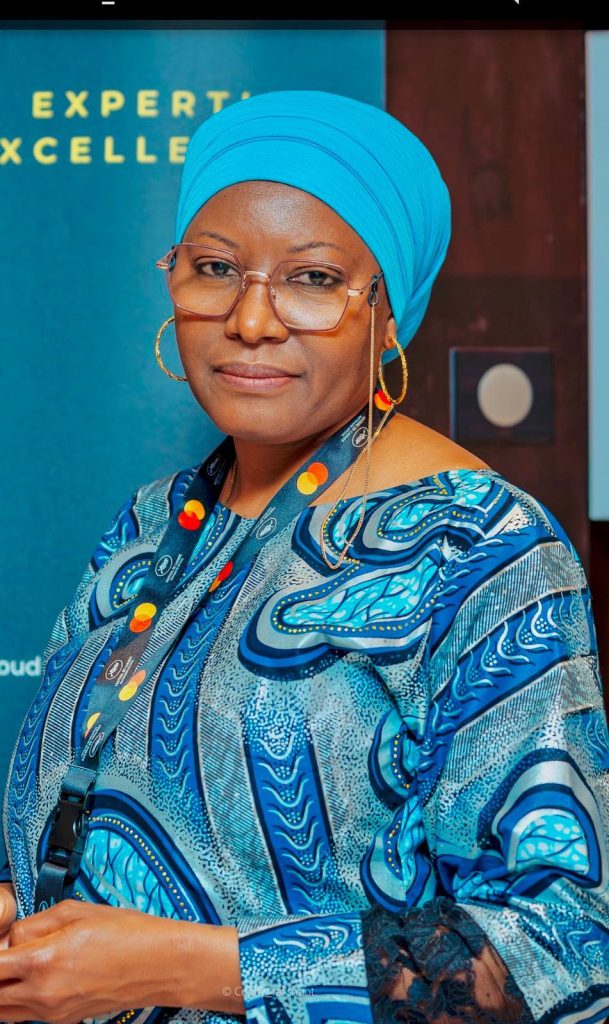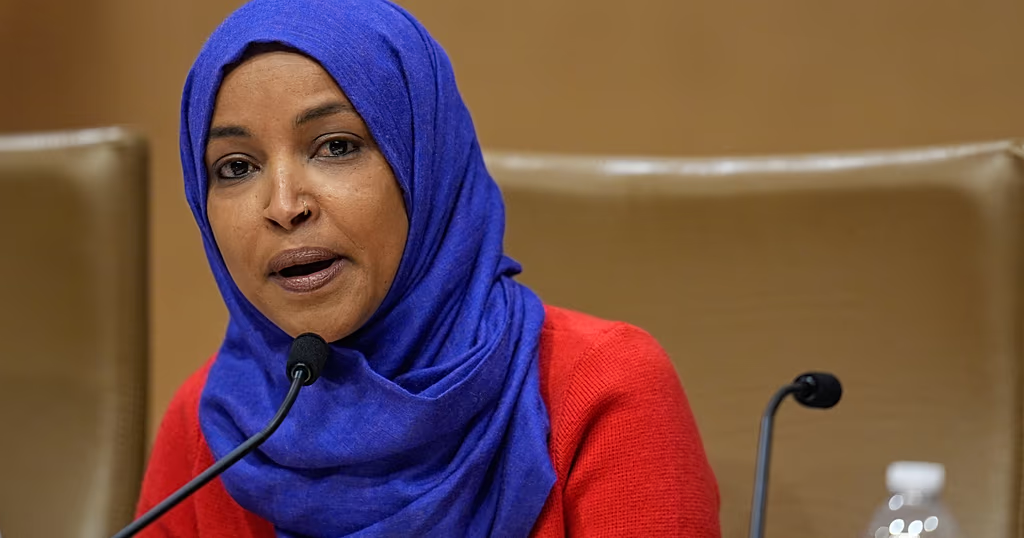A new cultural debate has erupted on TikTok, this time centered on the “Gen Z stare”—a term sparking both amusement and cross-generational ribbing. Described as a blank, middle-distance gaze into the void, the phenomenon involves young people (typically born between 1997–2012) appearing unresponsive during conversations or interactions. While its existence isn’t widely disputed, interpretations diverge sharply, fueling a playful yet pointed online feud.
One camp, popularized through viral skits and memes, frames the stare as a customer service defense mechanism. In these scenarios, Gen Z workers deploy the expression after encountering baffling behavior from older customers—such as struggling with payment machines or ignoring clear signage. Know Your Meme logs this definition, citing it as a nonverbal response to frustration. TikTok creators dramatize these moments, portraying the stare as a coping strategy during exhausting service-industry shifts.
Critics counter that the behavior isn’t confined to workplaces. Service workers from older generations report receiving the same vacant look from Gen Z customers when asking routine questions, like seating preferences at restaurants. TikTok user @theprincessandthepoppers, a millennial server, humorously cataloged this dynamic, showing how simple queries meet silent, thousand-yard stares. Another skit depicts a Gen Z retail employee freezing when asked about store hours, suggesting the gesture spans social contexts.
The tension, observers note, stems from generational humor norms. Gen Z has long mocked millennial quirks like the “Millennial Pause” in videos or an affinity for side parts and skinny jeans. Now, as the tables turn, some zoomers bristle at the critique. “We’re being told we’re rude for something that’s just our neutral face,” argued one TikToker. Millennials, in turn, cheekily remind Gen Z that generational teasing is cyclical. “You roasted us for altering our voices in podcasts—now it’s our turn,” joked a creator in a video that amassed over 500,000 views.
Analysts speculate the trend’s resonance lies in pandemic-era social dynamics. Gen Z, many of whom entered adulthood during lockdowns, may find casual exchanges more daunting—a theory amplified after the New York Post highlighted complaints about Gen Z’s “gaze” in service roles. Yet most agree the online sparring remains lighthearted. “It’s less about anger and more about affirming generational identities,” noted a Mashable trend report.
As the debate gains traction, both sides acknowledge the absurdity of blanket judgments. After all, as one commenter quipped, “Every generation has its version of zoning out—we’re just the first to meme it.” For now, the stare persists as a cultural Rorschach test: a blank expression reflecting whatever humor, insecurity, or social critique viewers project onto it.



